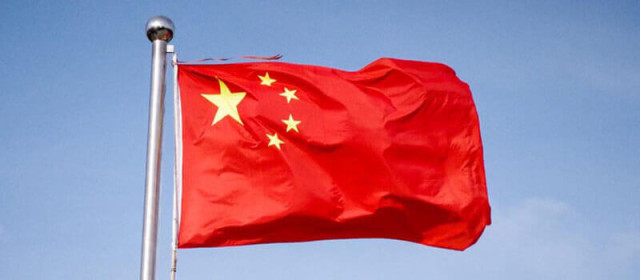China has begun plans to review its statutory retirement age for workers as the nation's demographic crisis surges with older population.
According to the population census report, hundreds of millions of people in China are set to climb old age in the coming decades while the birth rate dwindles dramatically.
The national population fell in 2023 for the second year in a row, with policymakers warning of potentially severe impacts on the economy, healthcare and social welfare systems if action is not taken.
China’s retirement age had not been raised for decades and had been among the lowest in the world.
“The statutory retirement age for male workers will be gradually extended from the original 60 years to 63 years,” a decision by Beijing officials shared by Xinhua said.
For women workers the retirement age will be extended “from the original 50 or 55 years to 55 and 58 years, respectively”, depending on the type of job.
The retirement age will begin to be gradually raised over 15 years from 2025, state media said.
“Starting 2030, the minimum year of basic pension contributions required to receive monthly benefits will be gradually raised from 15 years to 20 years at the pace of an increase of six months annually,” Xinhua said.
The new rules will also allow Chinese people “to postpone retirement to an even later date if they reach an agreement with employers,” it added.
According to China state media, the move became necessary based on a “comprehensive assessment of the average life expectancy, health conditions, the population structure, the level of education and workforce supply in China."
An expert told AFP that “demographic change” was likely the key factor behind the decision.
“The central government first proposed changing the retirement age in 2013, and there has been a lot of social discussion in the decade since,” said Li Changan, a labour economist at the University of International Business and Economics in Beijing.
“I think many people are mentally prepared for the announcement.”
“This reform will adapt to the objective situation of our country’s widespread increase in life expectancy and years of education,” an article in the People’s Daily newspaper said this week.
It will also “raise the efficiency of the development and utilisation of human resources,” the article in the Communist Party-run outlet said.
Mo Rong, director of the Chinese Academy of Labour and Social Security, told the People’s Daily that raising the retirement age “is an inevitable choice for our country to adapt to the new normal of population development.”




















